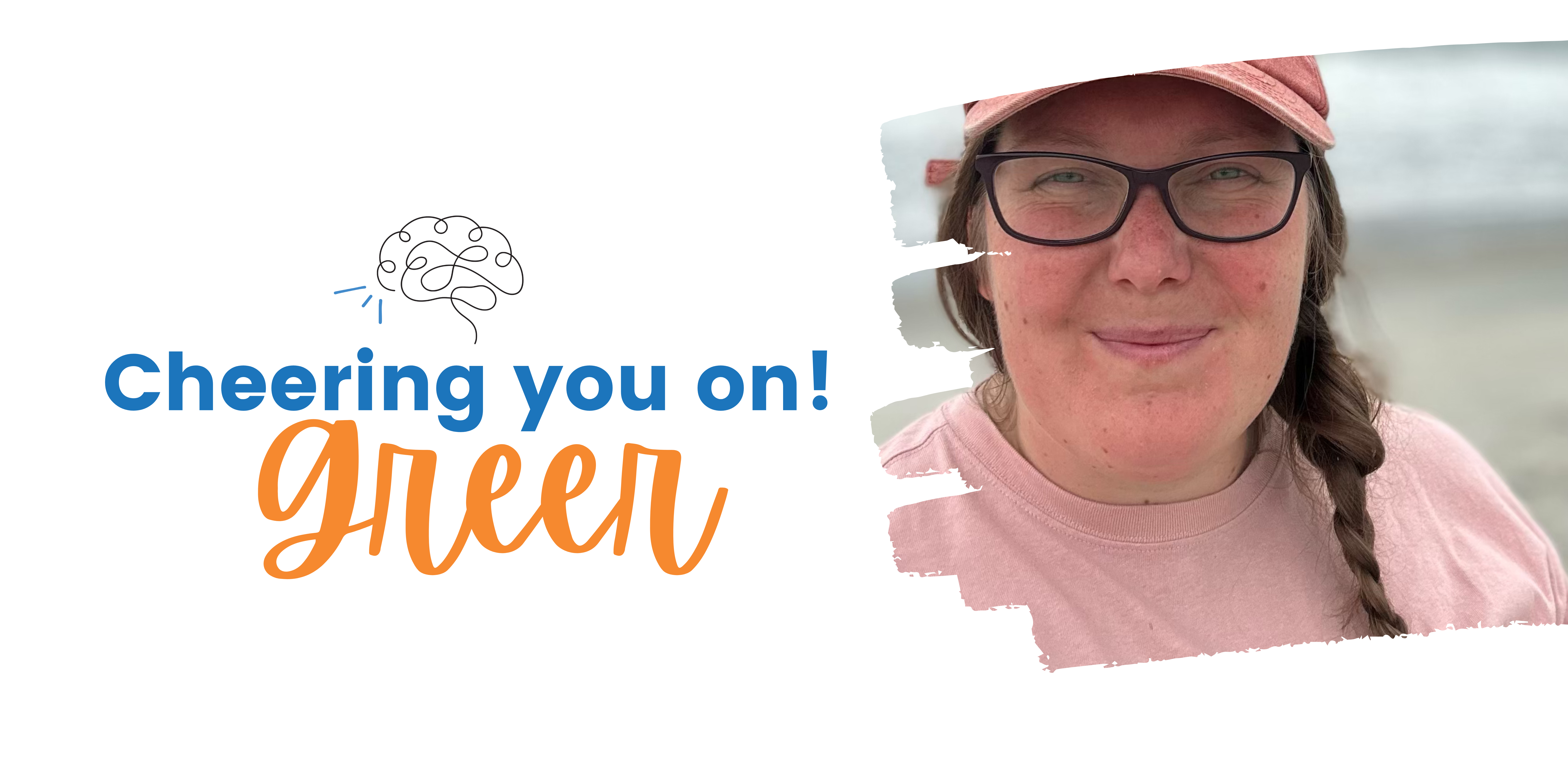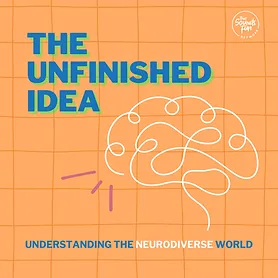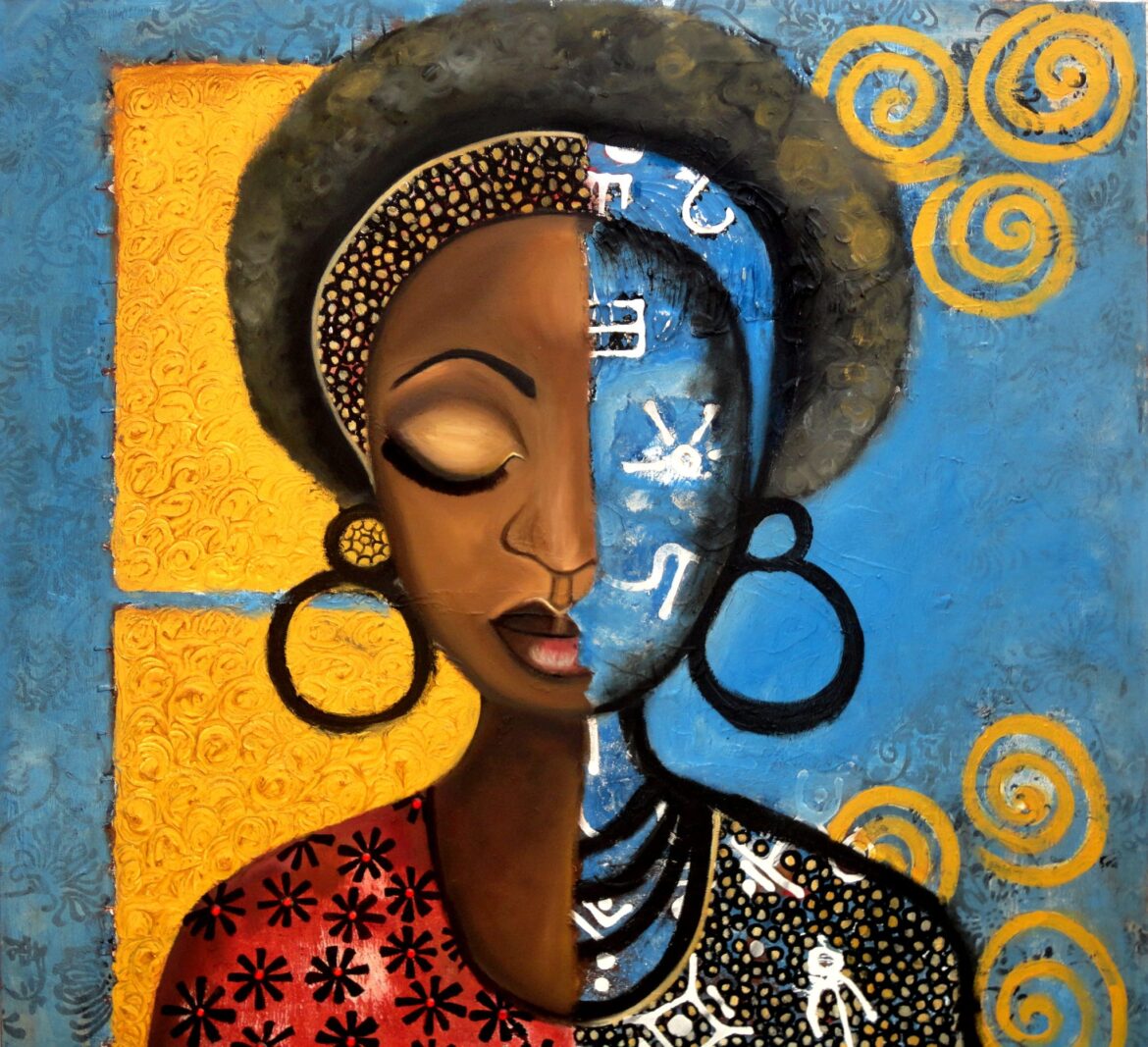For so many of us, identity and acceptance didn’t come easily.
We grew up with a quiet (or not-so-quiet) message playing on repeat:
“You’re too much.”
“You’re not trying hard enough.”
“Why can’t you just… fit in?”
Whether you were the “daydreamy” girl who was constantly scolded for not paying attention, or the perfectionist who held everything together on the outside while quietly falling apart inside, chances are you learned early on that parts of who you are didn’t fit neatly into the world’s expectations.
And when you’re neurodivergent — whether autistic, ADHD, or both — that disconnect runs deep.
This post is about the heart of the journey: learning to accept yourself fully, understanding your identity, and finding the community where you truly belong. Because this is the only thing you need to know about neurodivergent identity and acceptance
1. Your Identity Is Not Broken — It’s Just Been Misunderstood
Many neurodivergent women and mothers reach adulthood with a lifetime of feeling “different” but never having the words to explain why. Maybe you were diagnosed late in life, or maybe you’re just starting to wonder if there’s more to the story.
Either way, the truth is this: your neurodivergent identity isn’t a flaw — it’s a lens through which you experience the world.
You’ve always been this way. The problem isn’t you; it’s that the world was built with different defaults. School systems, workplaces, social expectations, and even motherhood itself are often designed for neurotypical brains. When you don’t fit that mold, it’s easy to internalize the idea that you’re lazy, disorganized, dramatic, or broken.
But you’re not broken. You’re wired differently — and that’s okay. In fact, once you understand your identity, you can finally start to build your life around your actual brain, not the version you were told to be.
2. Masking Comes at a Cost
For many neurodivergent women, masking becomes second nature. We learn to observe, copy, and perform the “right” behaviors to fit in. We work twice as hard to appear organized, calm, and capable, even when our minds are racing underneath.
We become the ones who hold it all together: the appointments, the sensory needs, the routines, the emotional regulation for everyone else. But behind closed doors, many of us collapse — burnt out, overstimulated, and unsure who we really are when the mask comes off.
Masking isn’t just exhausting; it slowly disconnects you from your identity. It teaches you to distrust your own instincts and minimize your needs. Over time, this can lead to anxiety, depression, and a deep sense of being “lost.”
Learning to unmask — even in small, safe ways — is a powerful part of self-acceptance. It might look like stimming openly, saying “no” without over-explaining, or allowing yourself to rest without guilt. Each act of unmasking is a step closer to being you again.
3. Acceptance Starts With You
Many of us long for others to accept us — family, friends, schools, workplaces. And that longing is valid. But the deepest shift happens when you begin to accept yourself first.
Acceptance doesn’t mean loving every single challenge or pretending everything’s easy. It means looking at your whole self — strengths, struggles, quirks, and all — and saying, “This is me. And I’m worthy of belonging, exactly as I am.”
It’s letting go of the endless pressure to “fix” yourself and instead asking, “What would it look like to support myself?”
👉 Maybe that means setting boundaries around sensory needs without apologizing.
👉 Maybe it’s creating rhythms that work for your brain instead of trying to copy someone else’s “perfect routine.”
👉 Or maybe it’s simply acknowledging that your exhaustion isn’t weakness — it’s the result of carrying the weight of masking and misunderstanding for years.
Self-acceptance is the soil in which identity grows strong roots. From there, everything else changes.
4. Identity Is About Language, Not Labels
For many people, receiving a neurodivergent diagnosis (or self-identifying) can be life-changing. Suddenly, the puzzle pieces start to fit. But identity isn’t about slapping on a label and moving on — it’s about finding language that makes sense of your story.
That language helps you understand why you experience the world the way you do. It helps you advocate for yourself, explain your needs, and connect with others who just get it.
For some, that might mean embracing terms like “autistic” or “ADHD.” For others, it’s “neurodivergent” more broadly. Whatever language you choose, it’s valid. Your identity is yours to define.
5. Community Is Where Healing Begins
There’s something powerful about finally being around people who understand without judgment. People who won’t question your sensory needs, who laugh knowingly at the “ADHD time warp,” who don’t flinch when you say, “I can’t do that right now.”
Finding your neurodivergent community can feel like coming home after years of pretending to be someone else. It’s where your identity is mirrored back with love, and where acceptance isn’t something you have to earn — it’s the baseline.
For many mamas, this happens after their child’s diagnosis. Suddenly, your story starts to come into focus too. And instead of carrying it alone, you find others walking the same road — cheering you on, sharing strategies, and reminding you that you’re not alone.
Taking Action
If you’ve been stuck in the cycle of masking, self-doubt, or confusion about your identity… this is your invitation to pause. Take a breath.
You don’t need to “fix” yourself. You don’t need to prove your worth. You deserve to understand yourself. You deserve to accept yourself. And you deserve to find a community that embraces you fully.
👉 If you’re seeking identity, acceptance, or community, it’s time to take action. Comment “identity” below or reach out to learn more about understanding your neurodivergence and finding your place in this journey.
Neurodivergent identity and acceptance isn’t a one-time event — it’s a journey. Some days will feel empowering, others tender. But each step toward understanding yourself is a step toward freedom.
You are not broken. You are not alone. And your story matters.


